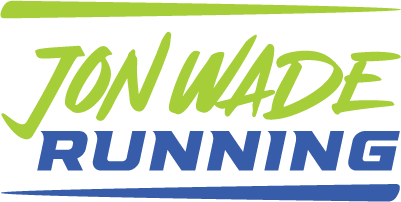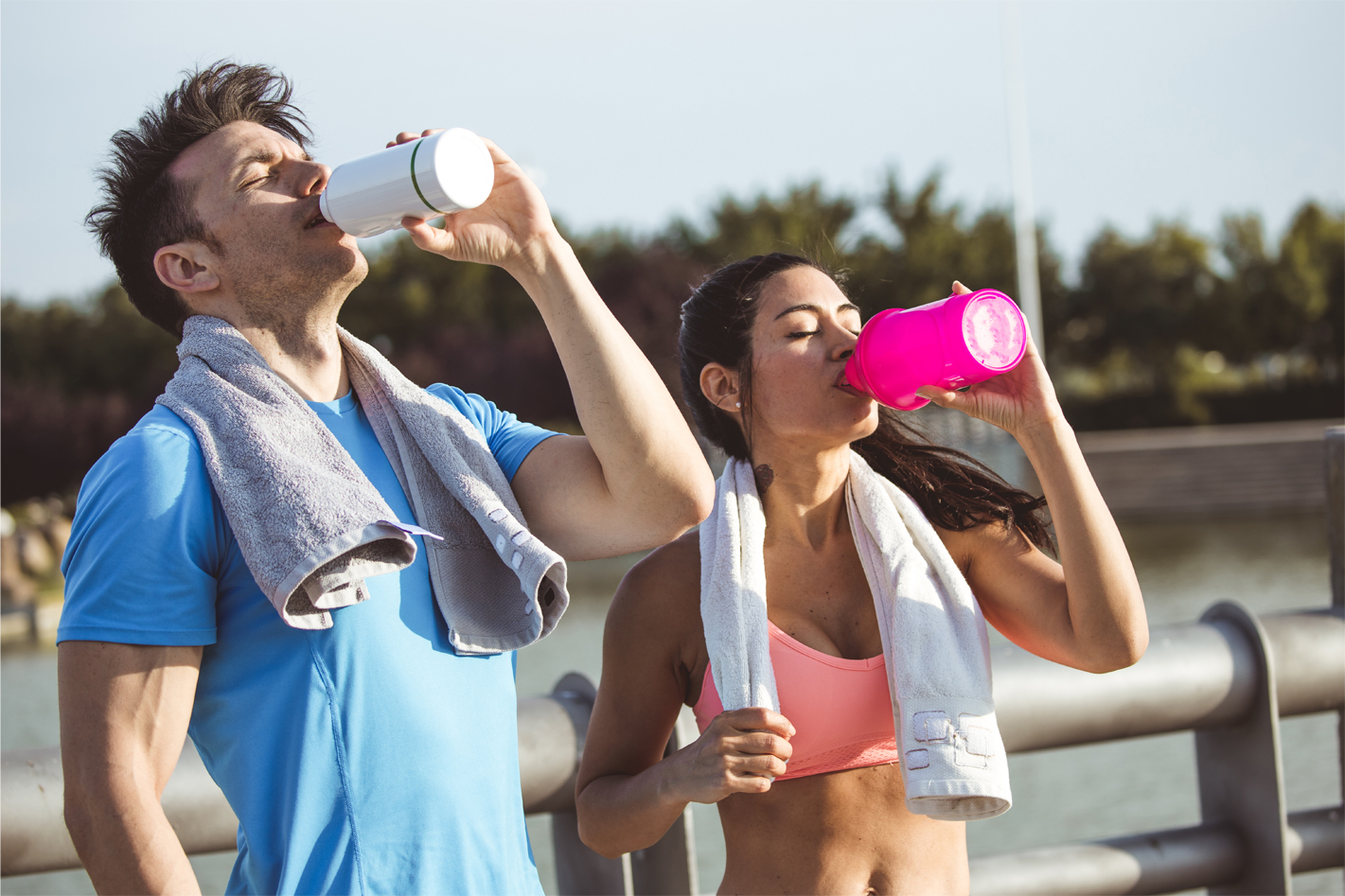As a runner, you know that hydration is essential for peak performance. When you’re properly hydrated, you can run longer, faster, and with less risk of injury. But with so many different hydration products and strategies out there, it can be challenging to know what works best for you. That’s why we’ve compiled a list of helpful hydration tips specifically for runners. Whether you’re a seasoned marathoner or just getting started, these tips will help you stay hydrated and perform at your best. From choosing the right fluids to learning when and how much to drink, we’ve got you covered. So grab a water bottle and get ready to learn how to keep your body fueled and hydrated during those long runs.
The Importance of Hydration for Runners
Hydration is essential for runners. It helps regulate body temperature, transport nutrients and oxygen to your muscles, and remove waste products from your body. When you’re dehydrated, your body can’t perform these functions efficiently, leading to fatigue, cramping, and a decrease in overall performance.
Dehydration can also lead to more serious health problems, such as heat exhaustion and heatstroke. In extreme cases, dehydration can even be life-threatening. That’s why it’s crucial to stay hydrated before, during, and after your runs.
Signs of Dehydration and Overhydration
It’s essential to recognize the signs of dehydration and overhydration. Dehydration can cause thirst, dry mouth, dark yellow urine, dizziness, and fatigue. In severe cases, it can lead to confusion, rapid heartbeat, and fainting.
Overhydration, on the other hand, can lead to water intoxication, which occurs when you drink too much water too quickly. Symptoms of overhydration include headache, nausea, vomiting, confusion, and seizures.
To avoid both dehydration and overhydration, it’s essential to monitor your fluid intake and listen to your body’s signals. Drink when you’re thirsty, but don’t force yourself to drink more than you need.
How Much Water Do Runners Need to Drink?
The amount of water you need to drink as a runner depends on several factors, such as your body weight, the temperature and humidity of your environment, and the intensity and duration of your run.
A general rule of thumb is to drink at least 16-20 ounces of water two to three hours before your run and another 8-10 ounces 10-20 minutes before your run. During your run, aim to drink 4-6 ounces of water or sports drink every 20 minutes.
After your run, drink enough fluids to replace the amount of fluid you lost during your run. A good way to determine this is to weigh yourself before and after your run. For every pound lost, drink 16-20 ounces of fluid.
Best Fluids for Hydration
Water is the best fluid for hydration, but it’s not the only option. Sports drinks can be a good choice for runners because they contain electrolytes, which help replenish the minerals lost through sweat.
If you prefer flavored drinks, look for ones that are low in sugar and high in electrolytes. Coconut water is another good option because it’s high in potassium, which is an essential electrolyte for runners.
Avoid drinks that are high in sugar, caffeine, or alcohol, as they can dehydrate you and lead to a decrease in performance.
Hydration Before, During, and After Running
As mentioned earlier, it’s essential to hydrate before, during, and after your runs. Before your run, drink plenty of fluids to ensure your body is properly hydrated. During your run, take small sips of water or sports drink every 20 minutes to maintain hydration levels. After your run, drink enough fluids to replace the fluids lost during your run.
It’s also important to note that hydration isn’t just about drinking fluids. You can also hydrate by eating foods that are high in water content, such as fruits and vegetables.
Electrolytes and Hydration
Electrolytes are minerals that are essential for proper hydration and optimal performance. They help regulate fluid balance, muscle function, and nerve function.
When you sweat, you lose electrolytes, so it’s important to replenish them through your diet or sports drinks. Common electrolytes include sodium, potassium, magnesium, and calcium.
Foods That Can Help With Hydration
As mentioned earlier, you can also hydrate by eating foods that are high in water content. Fruits and vegetables are a great source of hydration because they contain electrolytes and other essential nutrients.
Some fruits and vegetables that are high in water content include watermelon, cantaloupe, cucumbers, celery, and lettuce. These foods are also low in calories, making them a great choice for runners who are watching their weight.
Does the coach have any favorite hydration?
There are several great options out there, but I am proud to represent Nuun Hydration as my preferred hydration option. Nuun products are low in sugar, gluten-free, non-GMO, vegan-friendly, and just plain delicious. Tons of flavors and hydration options, supported by a fantastic team! Check out Nuun Hydration Products and see what works for you!

